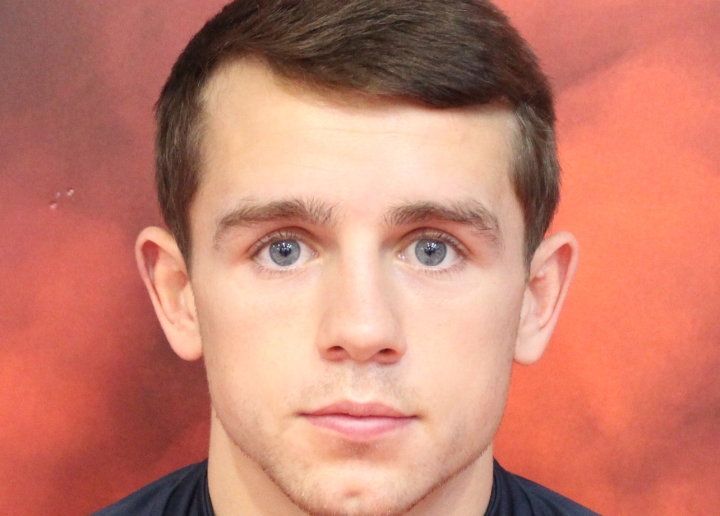Peter McGrail had this year all planned out. First qualify for the Olympics, then claim featherweight gold in Tokyo before a couple of professional fights before the year was out. Like everyone else, though, life is on hold.
The Liverpudlian managed the first bit… just, booking his Olympic spot in the final session before the tournament was suspended due to the coronavirus pandemic. Now turning pro is delayed – McGrail has worked too hard for too long to miss out on the Olympics, even if he has to wait an extra 12 months.
“I’m trying to take some positives from it,” McGrail said. “I had in my head I was going to have one or two pro fights before the end of this year. It has sort of set me back a year, but there is nothing you can do about it. I want to go to the Olympics.
“I’m not going to think of going pro now because I have wanted to go to the Olympics since I was a kid. There are just mad circumstances and there is nothing we can do about it.
“Depending on when the virus is over, I may have a couple of tournaments of some big camps between now and then.
“The way I am looking at it, I have a year to get ready, a year to work on my skills and I will have a year more maturity behind me.”

McGrail will be one of Britain’s best chances at the postponed Tokyo Games, after a solid four years of medal winning. His skills have been compared to the very best, even being dubbed “the Scouse Lomachenko”.
The omens for success are good for the 23-year-old. He won European gold in 2017, the first England boxer to do so since Luke Campbell, who went on to claim gold at the London Olympics after. Oddly, like Campbell, he also lost at the World Championships to Lazaro Alvarez, the Cuban.
The London qualifier had been due to run for 11 days, it ended after night No 3, but that was just long enough for McGrail and team-mate Galal Yafai, the flyweight, as with eight qualifying spots available in both divisions, they only had to reach the quarter-finals.
He won every round on all five judges’ cards against Kevin Godla, of Czech Republic, although as organisers had decided to not to let in fans, it meant friends and family could not be there for the biggest bout of his career so far.
“We knew the schedule before we got there, so I knew the day I was going to qualify was Monday March 16,” he said. “There were already people down there to see me, my dad, my brothers and a few mates. There were 100 plus people coming down on the Monday. There was a coach from the gym coming down and loads of people on the train.
“I was really excited thinking there were going to be lots of people there to see me qualify. Then the night before, the said it was going to be behind closed doors. So I was gutted, but I had to stay focused because it was the most important fight of my career to this point.
“I made weight but got told half an hour before that it is getting cancelled after this session. All the lads and girls in the team who had been told they were not getting their chance said to me ‘you have to qualify’. They were all in the arena supporting me.”
Right now, with the GB boxing headquarters in Sheffield closed, things are a bit slow right now.
“I’m trying to tidy my room and help my mum and dad around the house,” he said. “I’ve had a bag set up round the back and have been sent a few things by the coaches and doing some circuits.
“Obviously I’m qualified but I want to finish the qualifier, whenever it starts again, because I want to get my ranking points. It is obviously not as important, but to get a good seeding at the Olympics will be a big bonus for me.”
Rob McCracken, the Great Britain performance director, expects the boxers selected for the qualifier to defy any temptation to turn professional before the event is rearranged, although McGrail says that he hasn’t really discussed the matter with his team-mates.
“I’m not sure what all the lads on the squad are thinking,” he said. “Some might not want to wait a year, but if you turned pro now, you don’t know when you are going to fight. By the time this is all sorted, they might have had one fight before they would have gone to the Olympics.
“I’ve been working four years to do this. Some have been doing it even longer, before Rio. It’s a big platform for the next stage of your career.”



















Leave a Reply